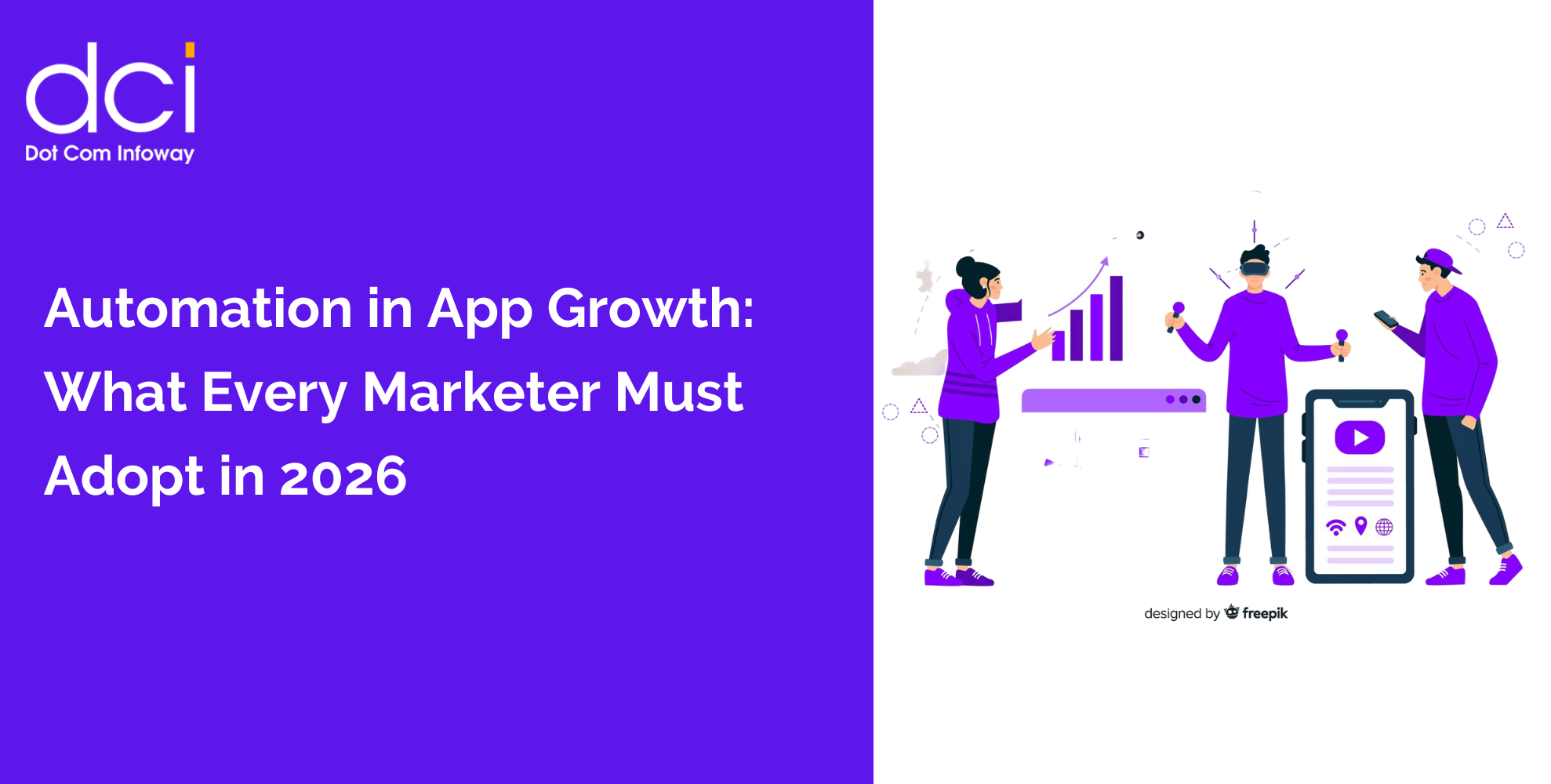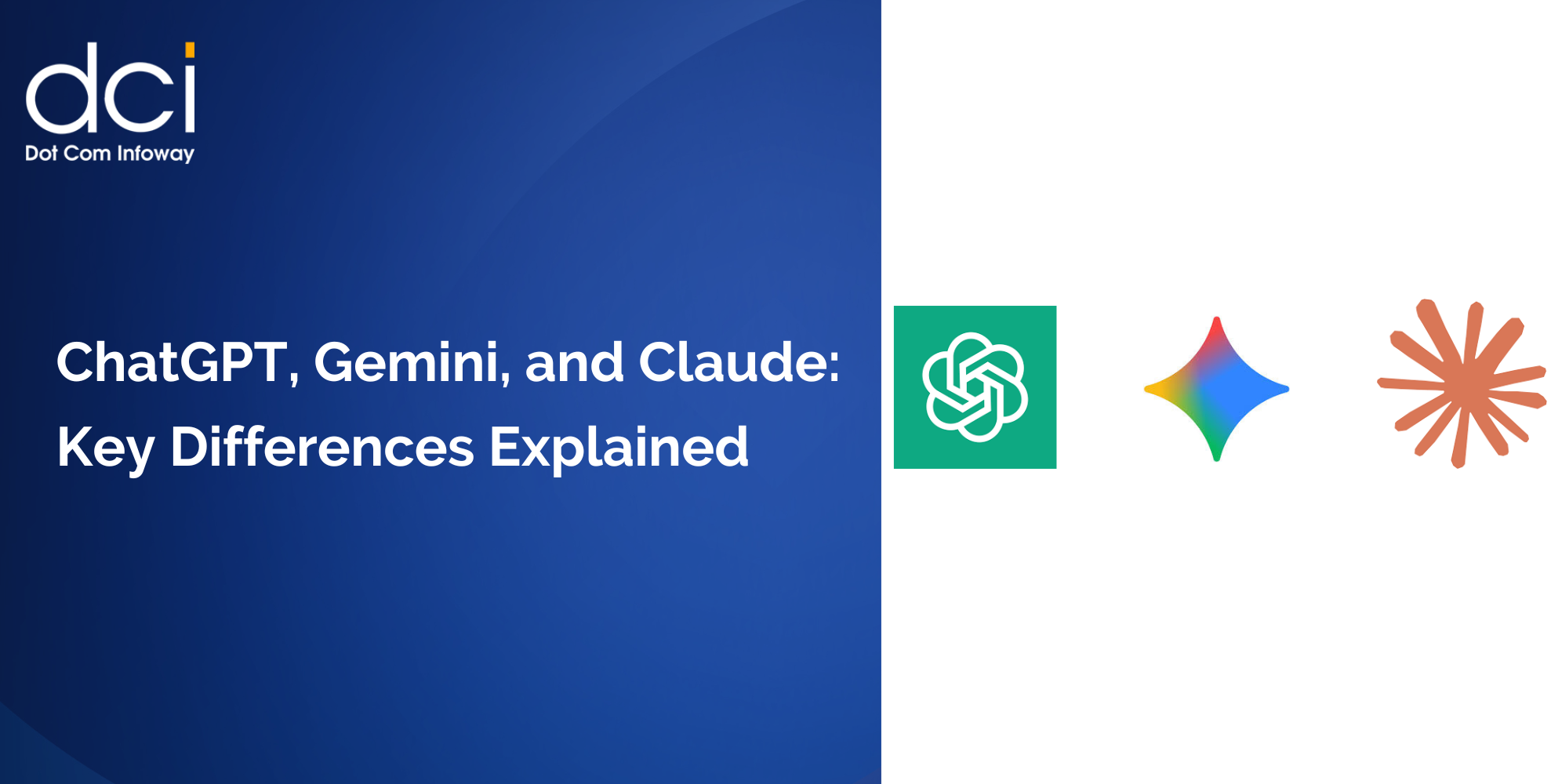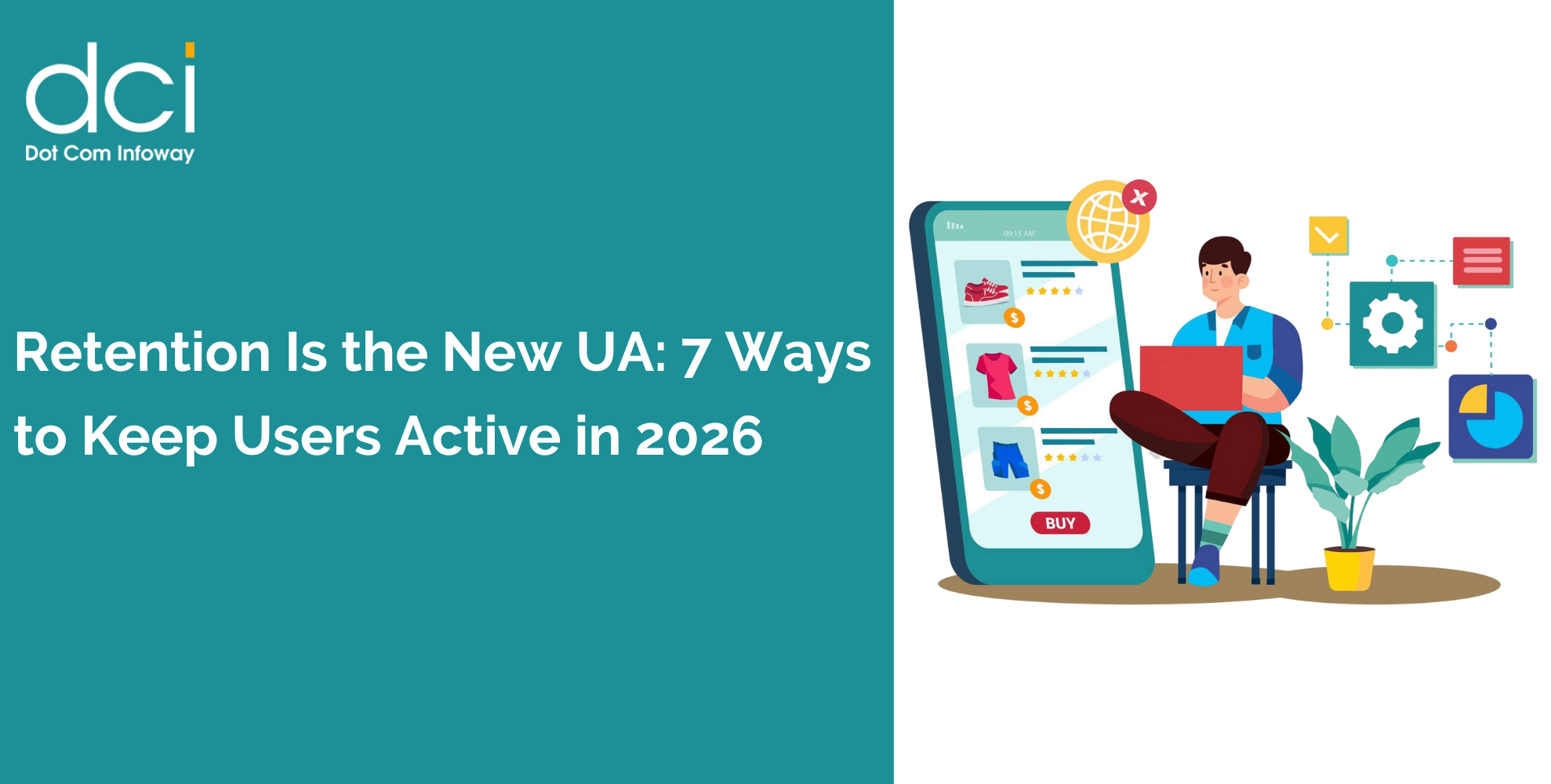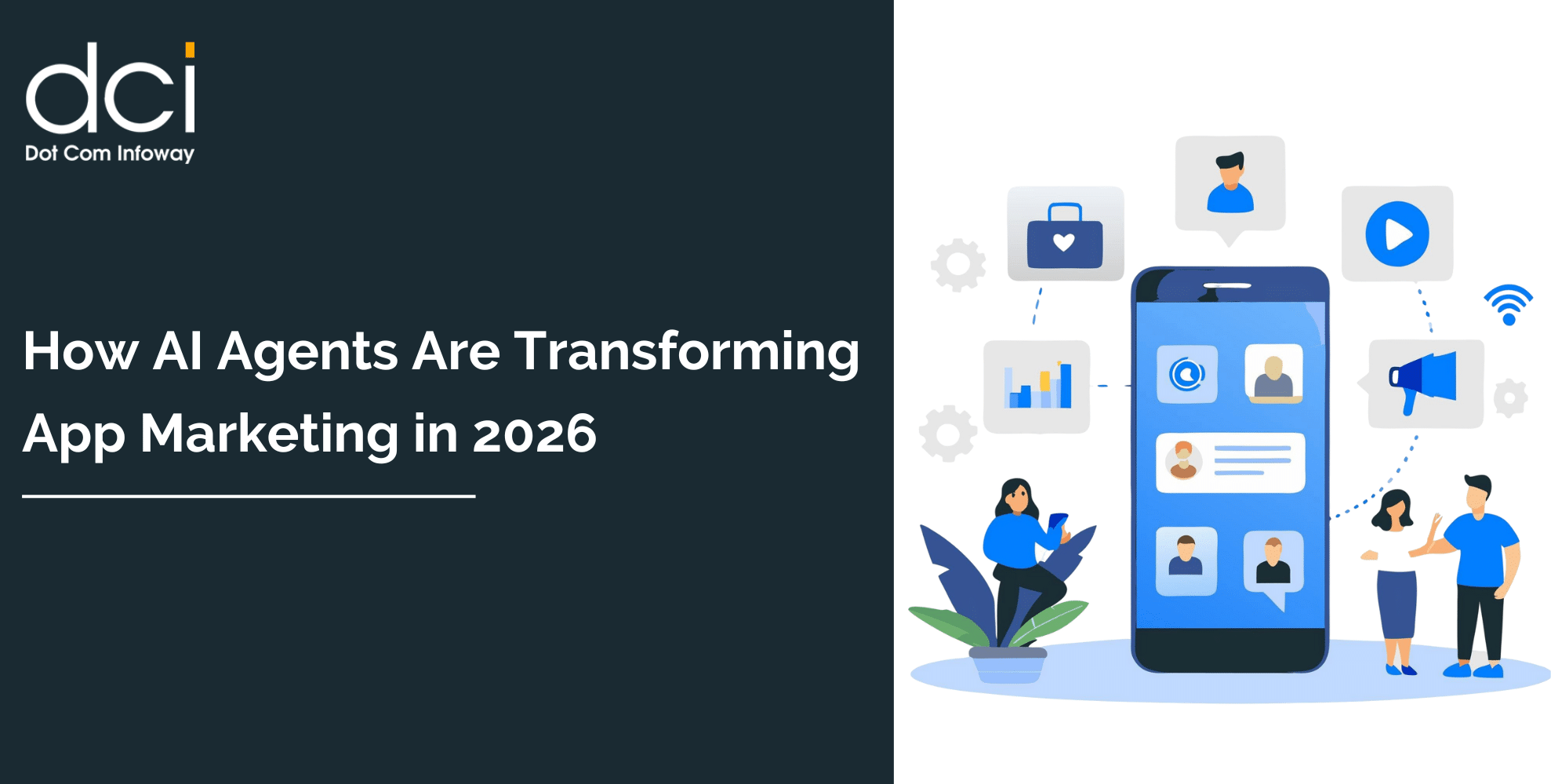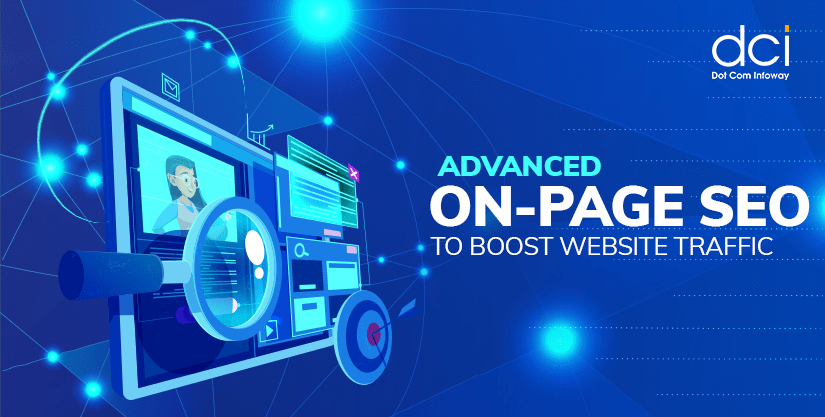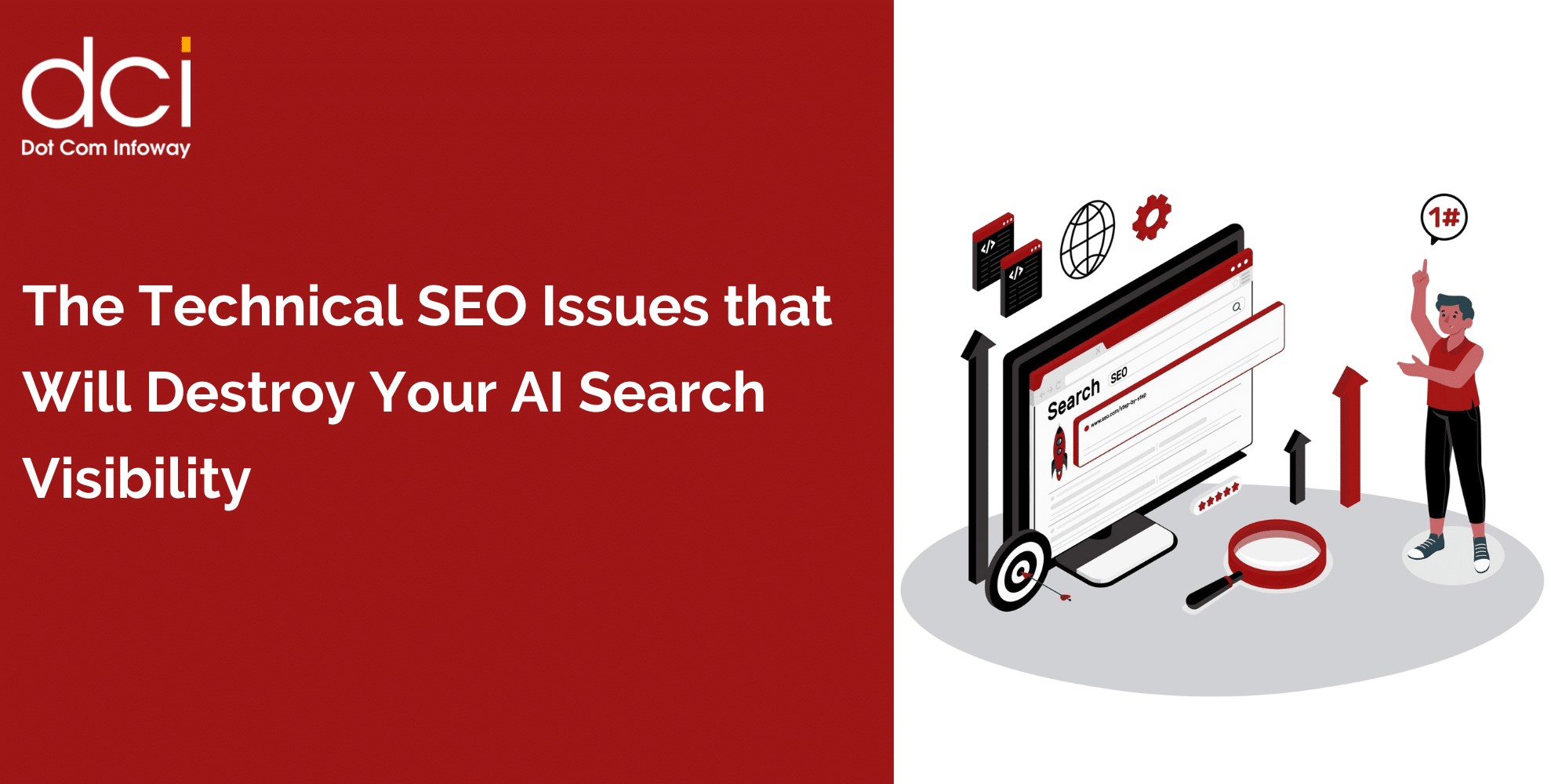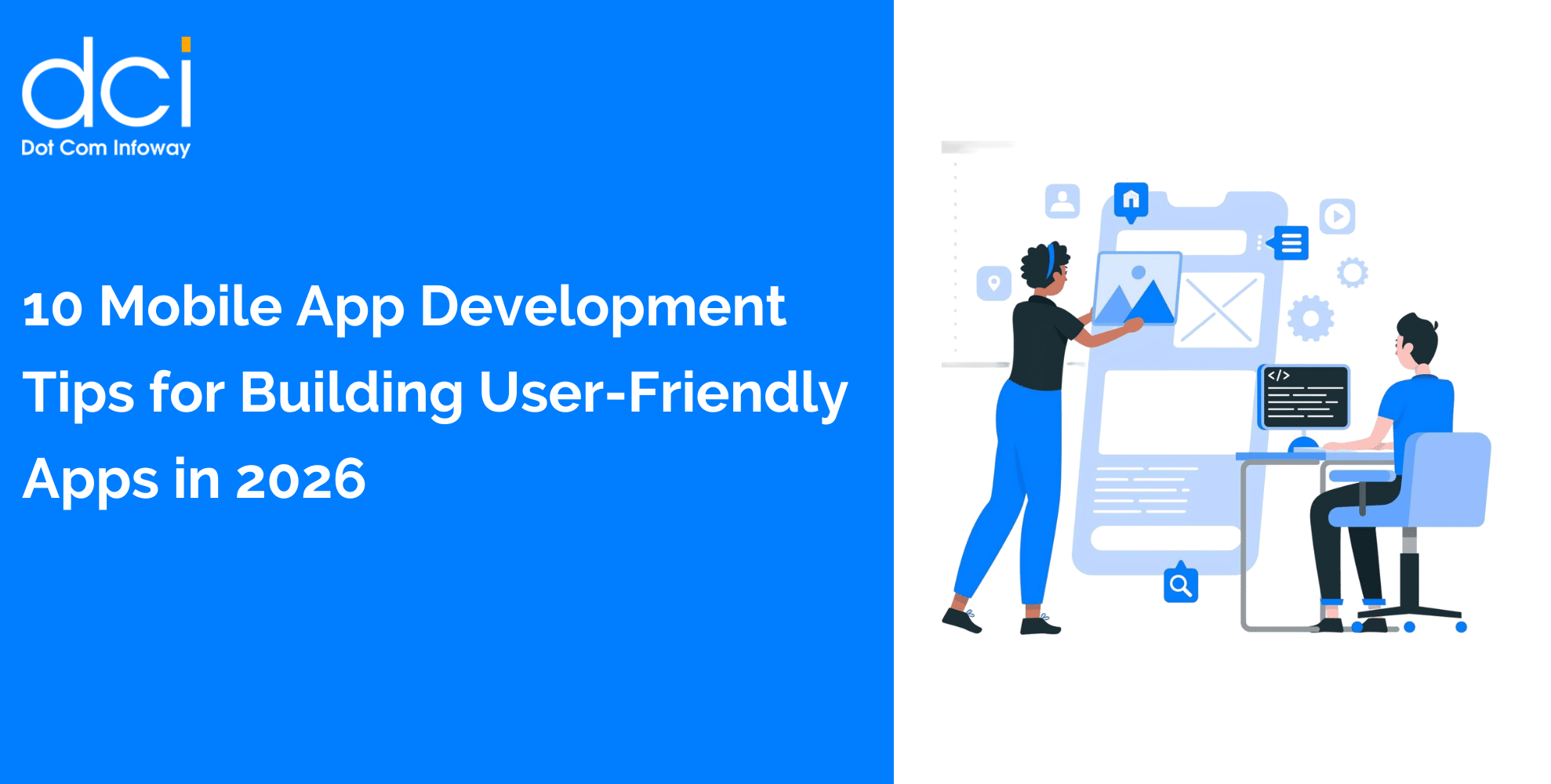Today, Airbnb has completely conquered the global online marketplace and the service is now available in more than 200 countries worldwide. With the growing demand for the service offered by the app, it becomes very important to know just how much it can cost to one to develop a similar app like on demand mobile apps.
While there may be no particular straightforward answer to this question, we can work through some considerations to reach a relatively clearer understanding of how much the whole project might cost.
How Much the Airbnb Clone App Development Will Cost?
To begin, it is important to look at the major factors that determine the Airbnb app cost. These comprise of mainly the features that should be included in your Airbnb clone app.
The must-have features for a typical Airbnb app include:
- Registration
- Profiles
- Property filter
- Room details
- Translation
- Map
- Back end
- Messaging
- Add to favorites
- Invitation to friends
- Settings
Now that we know all the features that you will require, we will now separate the Airbnb app into the various features and components and afterward determine how long and how much it can possibly take to develop them. It is worth noting that we will take into account the average cost of development which is usually $50 per hour for us to calculate the average cost of each component.
1. First Steps
Just like any other project, the Airbnb app building process will also start with some basic steps. The steps include:
- 20 hours to set up the project
- 24 hours to implement API
- 10 hours to implement the database model
- 13 to 7 hours to implement services and Libs
Estimate: This part takes from 49 up to 53 hours which amounts to between $2,450 to $2,650.
2. Registration
In order to use Airbnb, the user must register and agree with the policy.
Estimate: The registration feature requires approximately 12 hours which equates to $600.
3. Personal Profile
The users of Airbnb will have to create their personal profiles. Generally, there are two types of profiles which include the host and guest.
The user will then add to his or her profile the following information:
- Full name
- Sex
- Birthdate
- Email address
- Phone number
- Place of living
- Personal description
Estimate: The implementation of personal profile feature will require around 16 hours which equates to about $800.
4. Filters
After registering, the user can choose to be either a guest or a host. If he or she is a host then the next process is to add information about his or her room like the house type, room type, accommodations, photos, and price. On the other hand, if he or she is the guest then the next process is searching for a suitable host and will be presented with a variety of filters with options to enable them to choose the best host.
First, they will choose:
- The place they want to visit
- Check-in and checkout-dates
- The number of guests
After that, they can now begin adjusting some filters to find their ideal room.
This includes:
- Room type
- Price range
- Size
- Options like Superhost or Instant Book
- Neighborhoods
- Amenities
- Property type
- Host language
Estimate: The filters feature requires about 24 hours which sums up to $1,200.
5. Variants of Rooms to Stay
After the user has finished adjusting the filters, he or she will be presented with the results that satisfy his or her filters. The user will then choose from them of which after selecting one, he or she will see further information concerning the chosen one.
The information entails:
- Photos
- Rating
- Reviews
- Accommodations
- Description
- Map with the location
- Price
- Terms
From this information, a user will be able to get familiar with the chosen accommodation and also see the accommodation owner’s profile, the rules of the house, minimum booking period, and cancellation rules.
Estimate: The accommodation variation feature development process will take around 180 hours costing approximately $9,000.

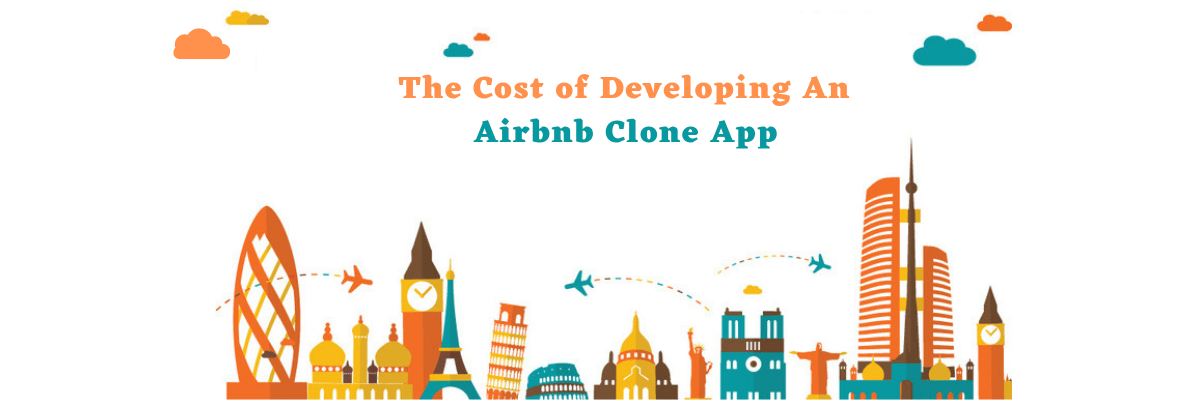





![The Game Marketing Guide: Pre and Post-Launch Strategies [Infographic]](https://www.dotcominfoway.com/wp-content/uploads/2023/09/DCI-Game-Marketing-blog-1.jpg)

